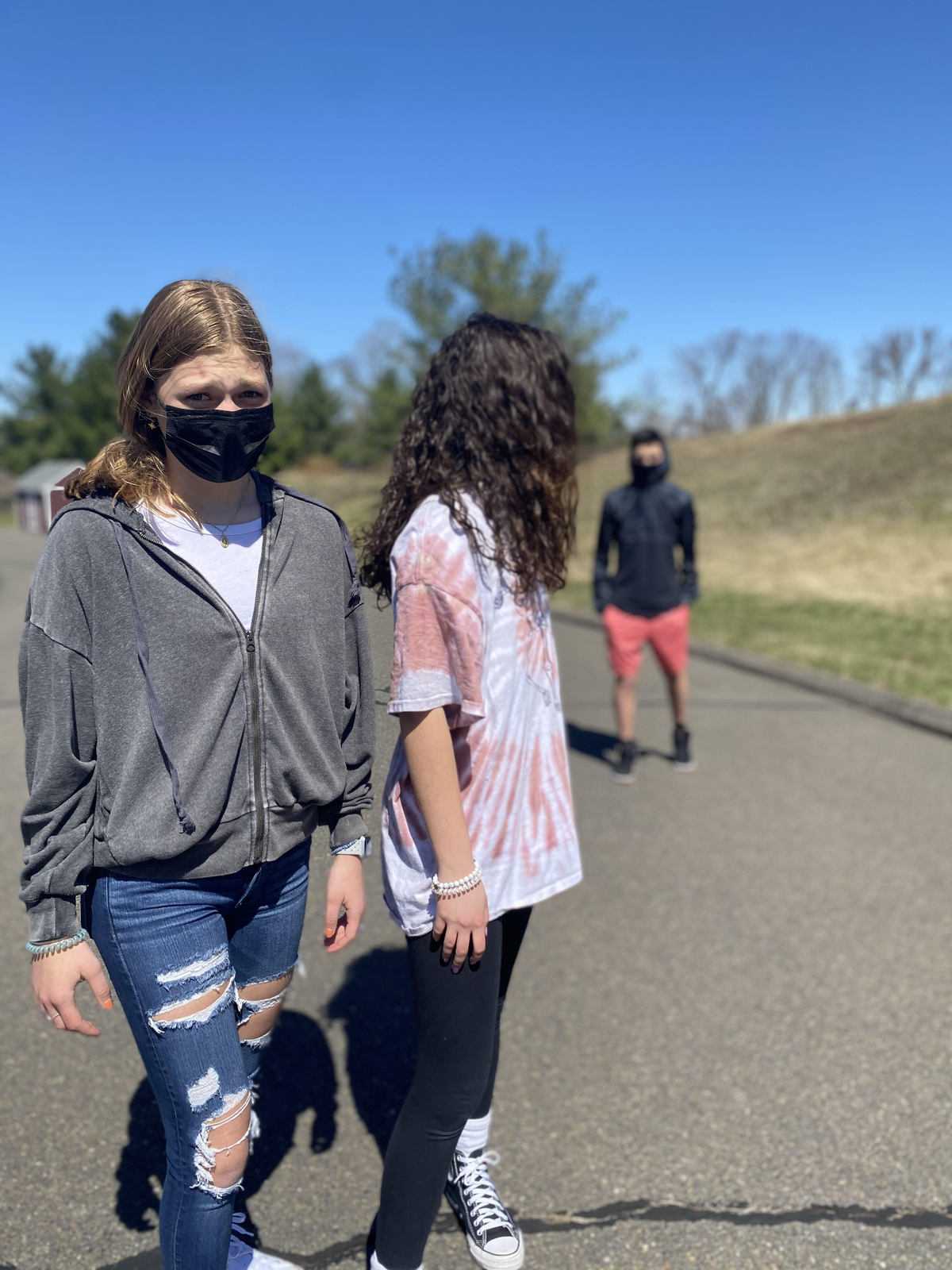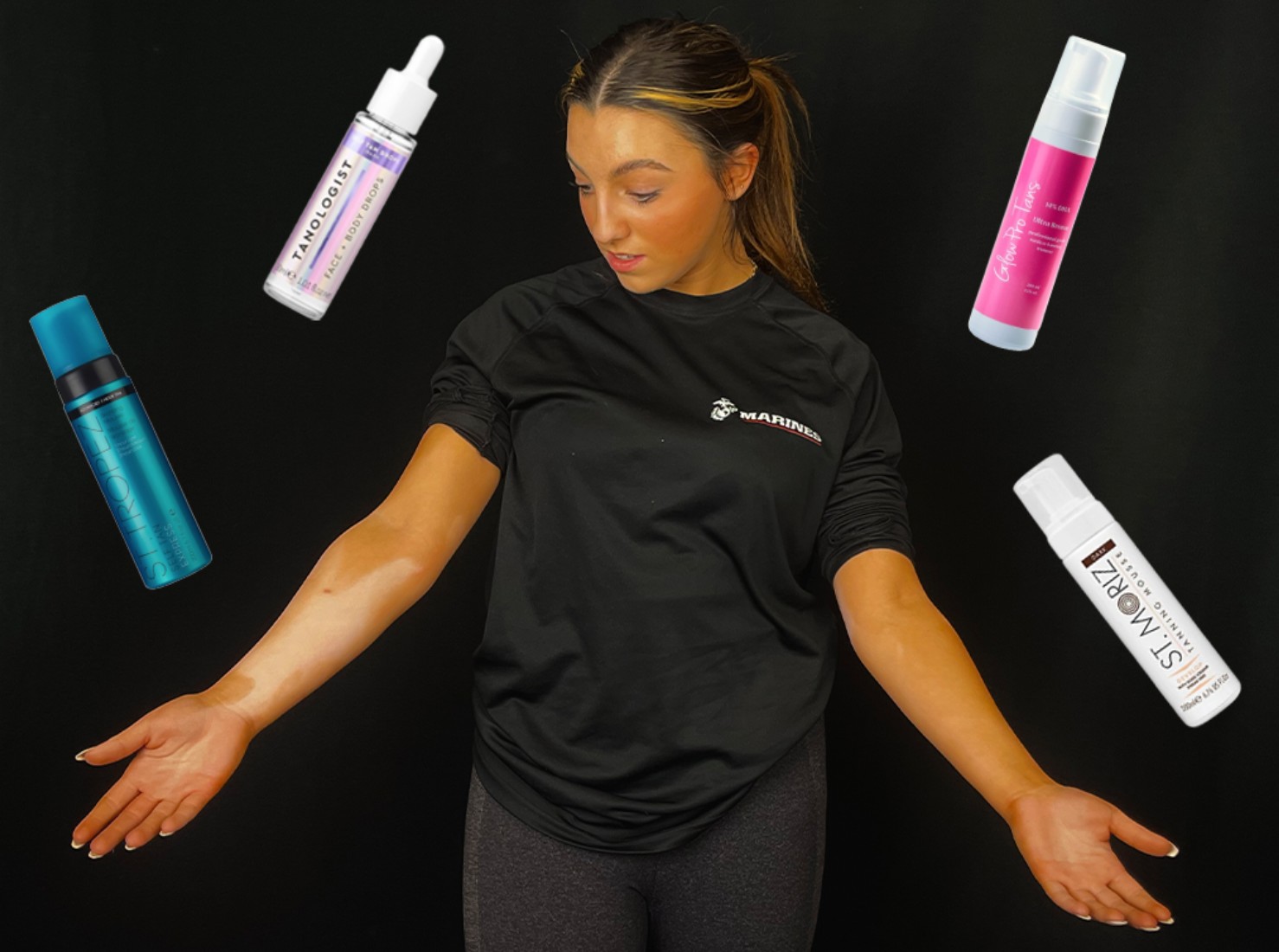“Why was he in the girl’s aisle? Like the little girl’s aisle? That is f***ing weird,” said “Jennifer”(Name withheld).
This victim’s story starts at the age of 12 years old.
“I was by myself on one side of the store; my family was on the other side. I was wearing short shorts and a low-cut shirt. And this seventeen-year-old guy screamed ‘Hey baby girl! Come here.’”
When she saw him, she started to turn away.
“I turned in the other aisle because I wanted to get away from this stranger. And he started to follow me! This carried on for about a good twenty minutes. As my speed slowly increased, so did his.”
“At one point, he got real close and almost touched my shoulder. Excuse me, Mr.Seventeen-year-old. I was twelve! Don’t touch me anywhere!”
At the end of all of this, Jennifer never told anyone.
“I thought it was embarrassing. It was something about him following me and calling me ‘baby girl’ and ‘princess.’ It was just uncomfortable. [I wanted to fight him], but I was twelve and quit karate a few years earlier. Guys shouldn’t f***ing do that.”
After this experience, Jennifer only wore baggy clothes to hide her body.
“Why do I cover up my body? Because I thought I was going to get raped.”
“Ever since then, I don’t like going up to men. If they’re older and taller than me, I will sweat and turn the other way. [The situation] did not really bother me much, but now it bothers me,” Jennifer said.
Sadly, this situation is not as uncommon amongst young children as it may seem. According to a survey of 20,000 people by StopStreetHarassment, women (81%) are more likely to have experienced street harassment than men (43%). Harassment causes a lack of self-confidence and an increase in anxiety and depression. A victim usually first comes in contact with a harasser in high school. For these victims, every day seems to be a challenge because they are constantly fighting their insecurities. The StopStreetHarassment organization’s survey confirms that most people are victims at 11 to 13 years old.
Celebrities also get unwanted attention for their body. Billie Eilish always struggled with covering her body from the press. Her whole image has been created around wearing baggy clothes to hide her appearance so she can avoid being sexualized. In a Calvin Klein advertisement, she made a comment to the whole world telling her story.
‘“I never want the world to know everything about me. I mean, that’s why I wear big baggy clothes. Nobody can have an opinion because they haven’t seen what’s underneath, you know? Nobody can be like ‘oh she’s slim-thick, she’s not slim-thick, she got a flat a**, she got a fat a**.’ Nobody can say any of that because they don’t know.”’
On a hot day in October, Eilish went outside on a hot day in a tank top. The paparazzi got a picture and immediately spread it everywhere.
The media started to body shame her by saying things like “Quarantine hit her hard” and “Billie is slim-thick.” One comment that circled the web was made by a 29-year-old man saying, “In 10 months, Billie Eilish has developed a mid-30’s wine mom body.” Even before the incident, Eilish came out with a video called, “Not my Responsibility.” It was a response to all the body-shamers that have lived on her feed for years.
‘“Would you like me to be smaller?/Weaker?/Softer?/Taller?/Would you like me to be quiet?/Do my shoulders provoke you?/ Does my chest?” said Eilish in the video. “Am I my stomach?/My hips?/The body I was born with, is it not what you wanted?/If I wear what is comfortable, am I not a woman?’”
Woodland Regional High School’s psychologist, Stephanie Borowy, has worked at three different jobs and has heard multiple street harassment stories.
“[I have witnessed street harassment] through kids telling me their stories and experiences,” said Borowy. “I worked in an urban district and it definitely was there. It is out [in the world].”
By talking to victims, Borowy has noticed many different changes about the victims, from mood to clothing to even personality.
“It makes them feel powerless. It makes them feel badly about themselves. They question themselves,” said Borowy.
Victims can hold onto these feelings for years. This is the case for ‘Grace’ (Name withheld), a college freshman.
“I was standing at my locker with my two friends; we were in our cheer uniforms. And this random kid came walking down the hallway and tapped our butts and said that we should wear our uniforms to school more often,” said Grace.
“There was another time too. We were in our cheer uniforms again; we had Nike Pros under our skirts. I was sitting with my knees up because you have to sit in a cramped corner of the room with a bunch of other kids for lockdown drills.
“And these two boys were like, ‘I can see up your skirts.’ We told them we were wearing shorts and they were still saying they could see up our skirts. It was the most uncomfortable thing ever. It was creepy.
“I felt uncomfortable wearing my cheer uniform to school because I felt sl*t shamed. I feel I only get attention when I’m wearing a short skirt and short shorts. Do people see you when you’re wearing pants or just tight clothes? I don’t get it.”
Borowy believes that street harassment should be discussed more than it currently is. A high school should be a place that helps build self-esteem, but sadly “there is not time to do that,” according to Borowy.
“Kids at this age question themselves and are vulnerable. And it depends on how much support they get at home and what kind of self-worth they have. That all impacts their reaction to street harassment. It’s our job [at Woodland], to build them up or support them when they are questioning or challenging themselves,” said Borowy.
Grace would understand that perfectly.
“[If I were with these other victims right now], I would tell them not to take it personally, but clearly, it feels personal. Do not let it affect how you go on with your days. Try not to react and give the person the attention that they want,” said Grace. “Always just walk away and tell or report back to an adult. Do not let what people say or do make you see yourself any different.”
Sources:



















